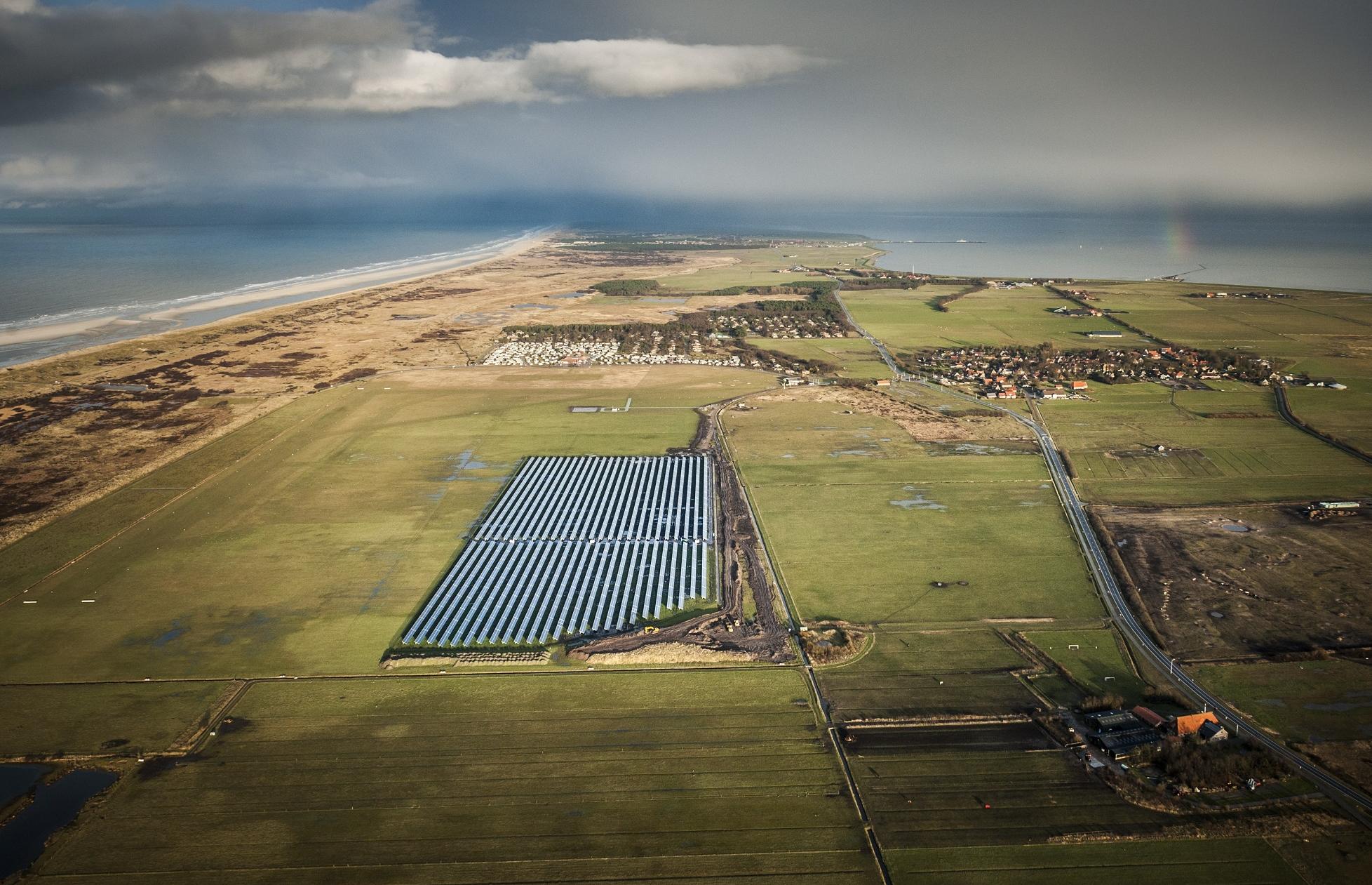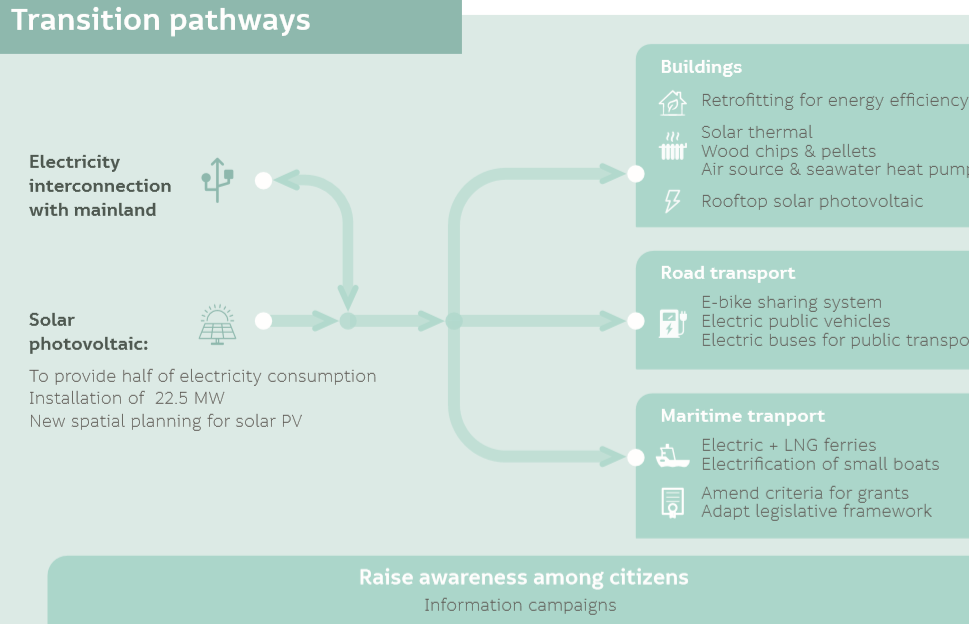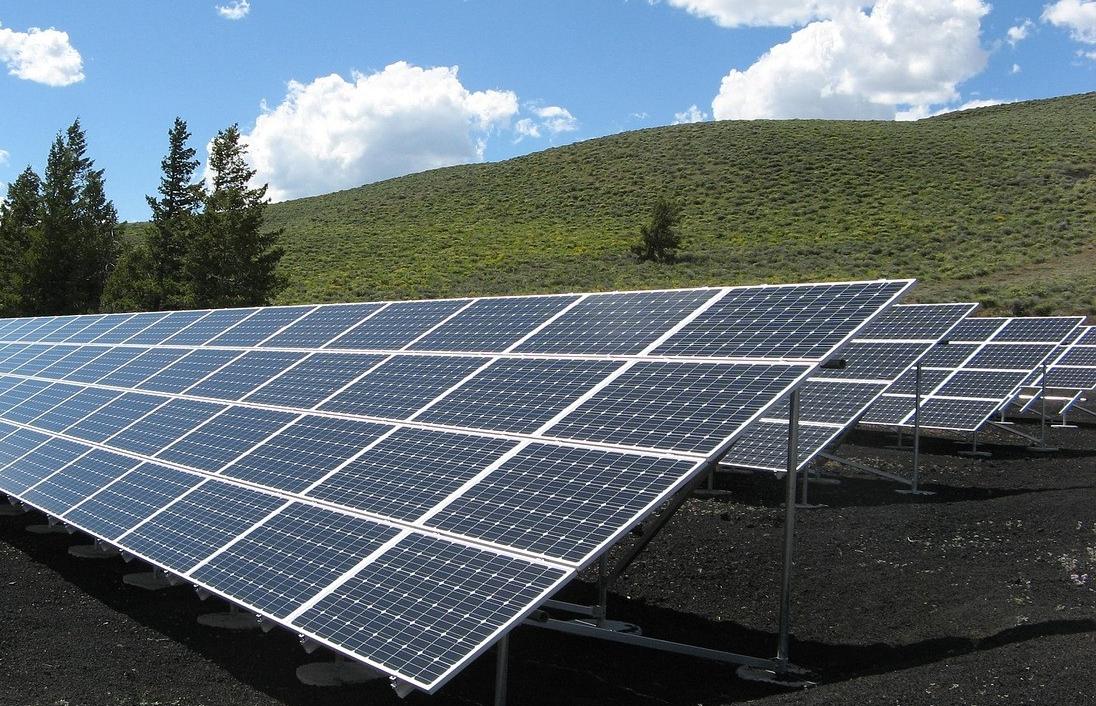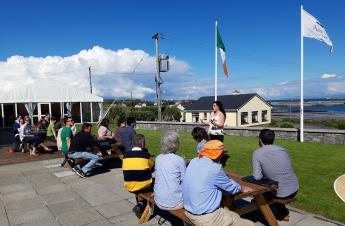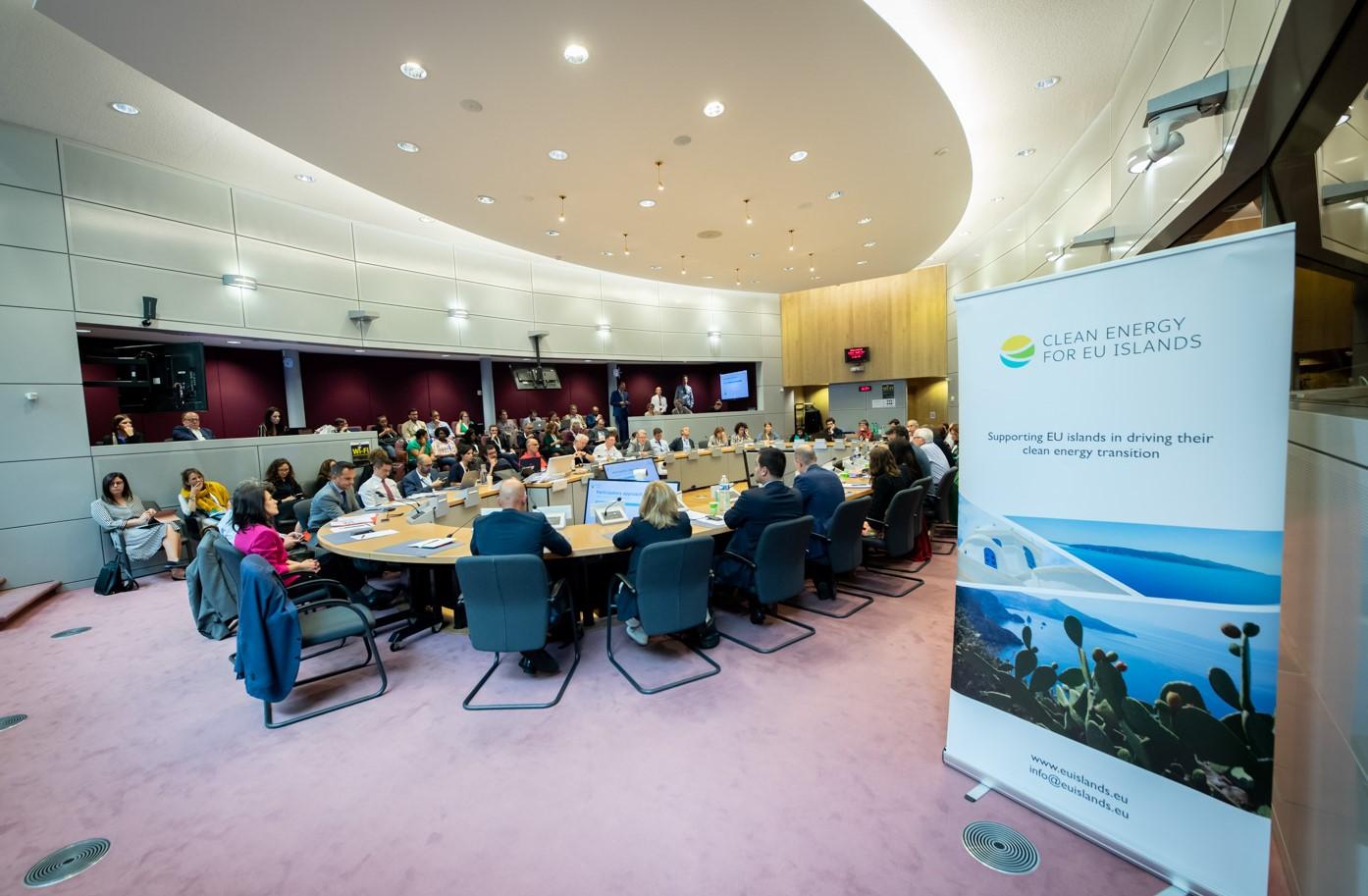
Remoteness, idyllic lifestyle, and unique natural landscapes are some of the common characteristics of islands. The Aran Islands, located on the West coast of Ireland just off Galway, are no exception. Majestic cliffs, Celtic medieval churches and lush green fields crossed by ancient stone walls form part of the rich local culture that makes the Aran Islands an unforgettable experience for anyone who visits them.
The three islands that make up the Aran Islands are Árainn (Big Island), Inishmaan (Middle Island) and Inisheer (East Island). Árainn (also known as Inishmore) is the largest of the three Aran Islands, located in the Atlantic Ocean, an hour away from Ireland mainland by ferry. The Irish language is still spoken here, and all native-born islanders are fluent in both Irish and English. The Aran islands are too small to have their own administrative government, so they fall under the administrative responsibility of County Galway.
But whilst there is a strong sense of belonging and pride of their home, life on the islands comes with its challenges. Seasonal fluctuation calls for creative economic planning – while Árainn counts just above 700 regular residents, it sees up to 3,000 visitors daily during the summer months. In order to ensure a continuous stream of income, many islanders work more than one job.
Why the Aran Islands started their clean energy transition
Another challenge for the Aran Islands is their dependence on expensive and polluting fuels for electricity production, heating and transport. The islands are connected to the mainland through a subsea cable. In 2017, Árainn alone imported from the mainland 1,855 MWh of electricity, 5,622 MWh of thermal fuel and 12,93 MWh of transportation fuel, including 9,541 MWh for fuelling the ferry costing over 250,000 Euros. In 2016, a fault in the sub-sea cable resulted in a power outage on two Aran islands lasting for four days and affecting nearly 400 residents. Islanders had to rely on local diesel-powered generators. The blackout demonstrated the negatives of islands’ dependency and resumed a conversation about carbon-neutrality and renewable energy generation.
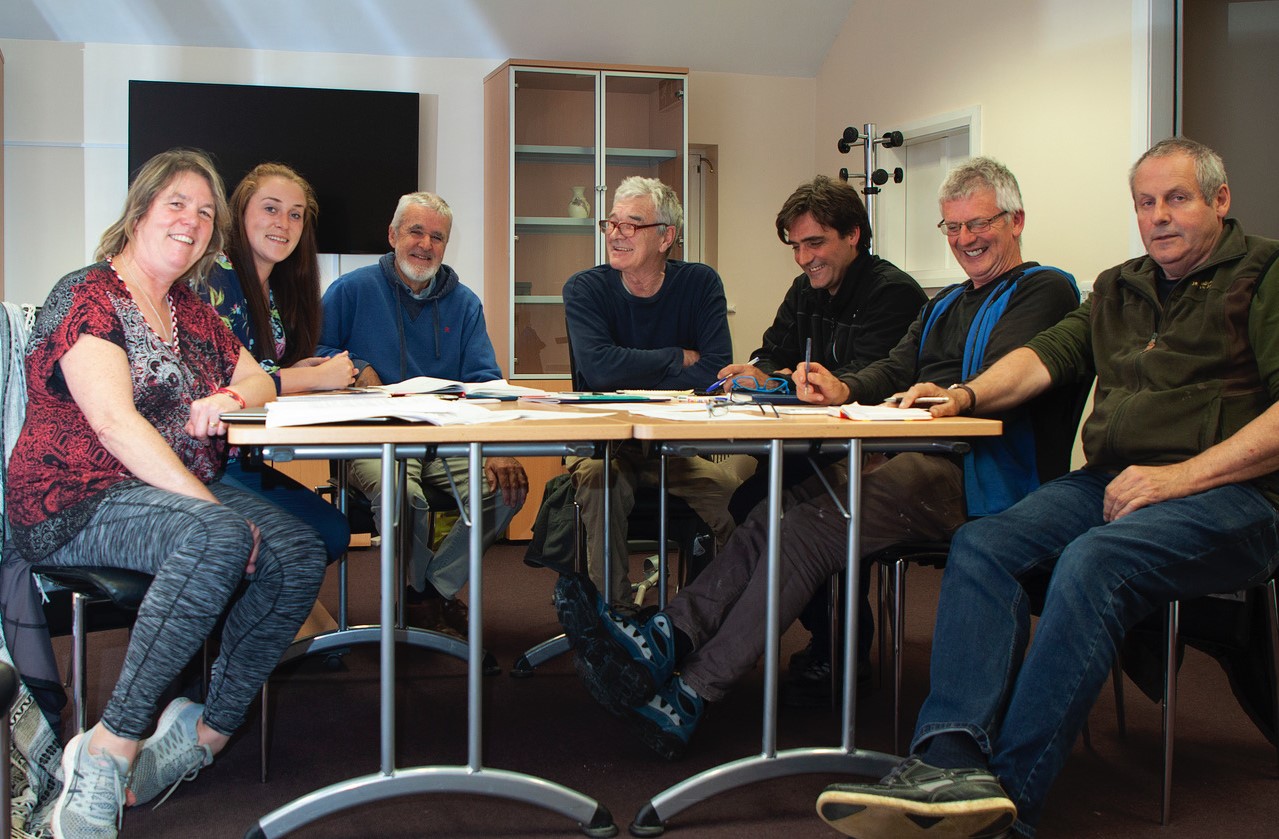
The clean energy transition is hence a real goal for the local community. Island residents formed the Aran Islands Energy Cooperative in 2012. Through this cooperative the islands participate in several innovative pilots funded by the Horizon 2020 and InterReg programmes. At the same time, the energy cooperative is working to develop a wind power plant of 2.7 MW. Planning, grid connection and feed-in tariffs are some of the issues they face in achieving this goal.
Engaging all island stakeholders to reach a common goal
The example of the Aran Islands shows how an engaged island community can move forward with small citizen-scale investments. The energy cooperative is in close contact with the residents on all three islands. There is a growing interest and engagement among the local population – including the local development cooperatives on Árainn, Inisheer and Inishmaan, the local business network on Árainn, the local community hall, local schools, the parish committee, sailing club and emergency services. A community meeting in January 2019 convened by the Energy Cooperative resulted in an agreement among the various stakeholders to sign up to the Clean Energy for EU Islands Secretariat.
The Energy Cooperative also works closely with the Galway-Mayo Institute of Technology (GMIT) and Galway University (NUIG) on the mainland to advance the clean energy transition on the Aran Islands.
The Clean Energy for EU Islands Secretariat will be working with the local community over the coming months to support the islands in their undertaking, and to develop a Clean Energy Transition Agenda by summer 2019.
Project-specific support provided by the EU Islands Secretariat
Aran Islands contacted the EU Islands Secretariat to visualise the landscape impact of a wind turbine from 3 locations on the island.


